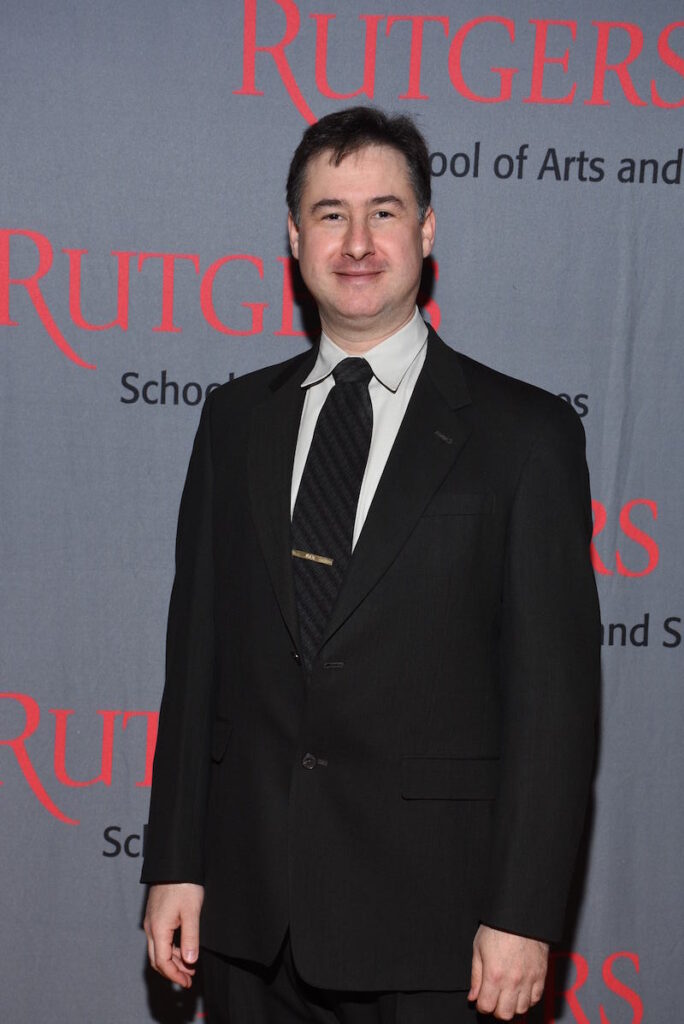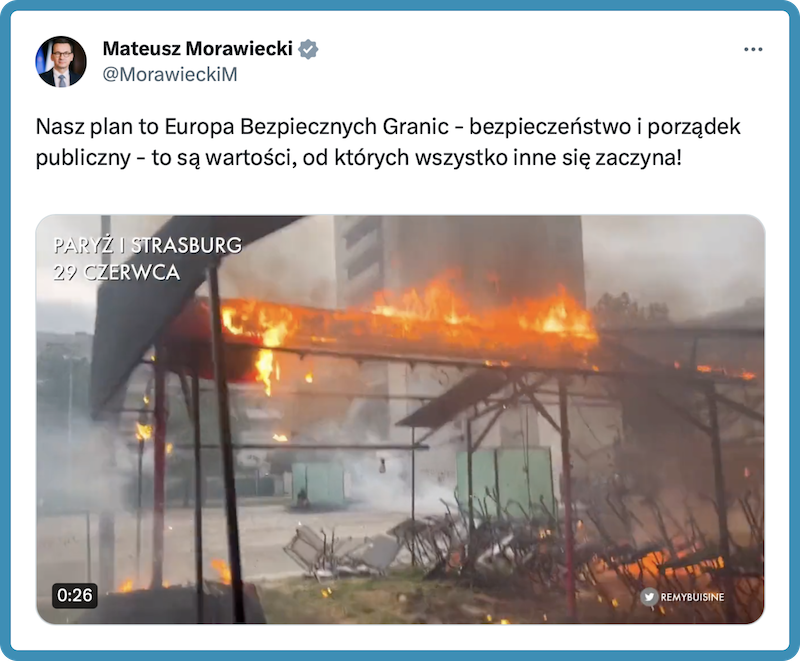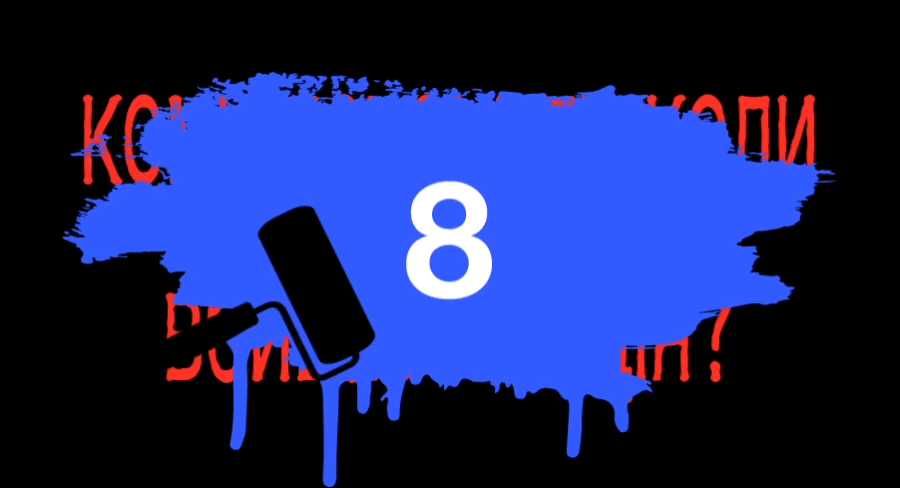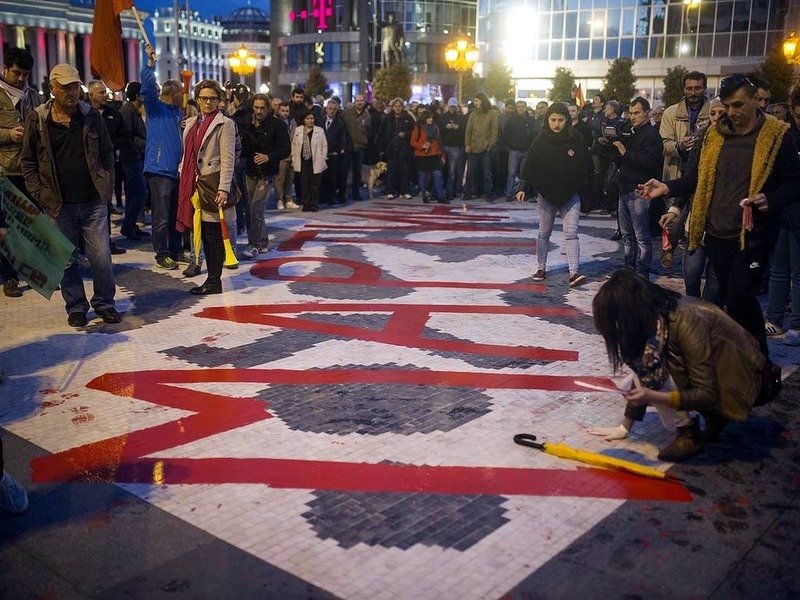In understanding police violence and its psychology, the United States has more expertise than its European counterparts. Paul Hirschfield is a Professor of Sociology at Rutgers University, who has studied police accountability.
Is there a psychological aspect of being part of a police force that explains police violence?
Police violence can often be explained by group psychology. Violence is also a procedural reaction: it is coerced, encouraged or enabled in different situations.
Many aspects of police activity evoke an “us and them” mentality. First, the police are an isolated, paramilitary organisation. Its performance is often judged by adherence to procedures and incentives of which the public has little knowledge. The police often feel that the public, especially their critics, do not understand their work.
The everyday reality of unrealistic or ambiguous policies that inevitably lead to police misconduct, combined with external scrutiny, fosters a culture of teamwork and solidarity but also makes officers more prone to cover up for each other’s mistakes.
Is it possible to avoid this mentality?
When it comes to policing disadvantaged or oppressed communities, eroding the boundaries between the police and the public can help. The isolated paramilitary structure may be useful for some purposes (like reducing corruption and increasing internal accountability) but it does little to foster empathy across cultural barriers and promote trust from the public.
What would you suggest to tackle the phenomenon?
This would require time and significant changes in centralised police forces. The preferred approach is the Scandinavian. The long training (three years in Finland, for example, as opposed to the short training in the US) at highly selective national police academies provides an opportunity to fully instill a spirit of national service and equality in police officers (not to mention ample training in tactical alternatives to violence). I don’t think it is a coincidence that in France, where issues of police and inter-community hostility are so prominent, police officers receive relatively short training, averaging nine months.





